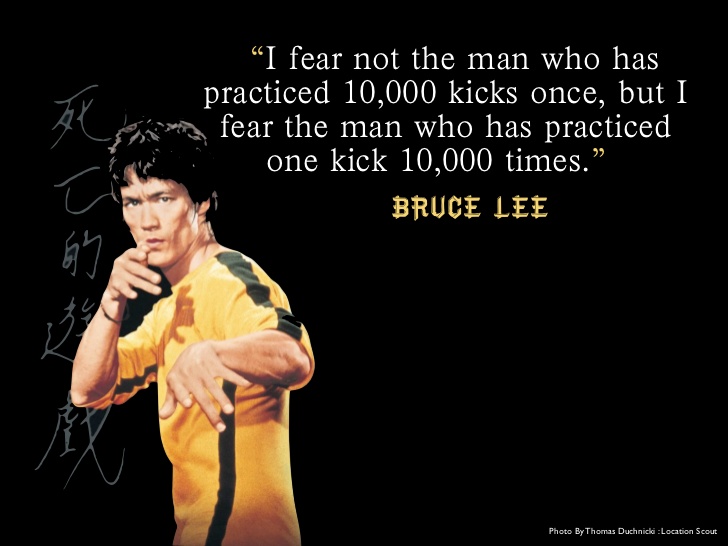
Written by writer and brand consultant John Simmons, Innocent narrates the brand story of how Cambridge graduates Jon Wright, Adam Balon and Richard Reed built a “tasty little juice company” with a unique culture founded on strong values. Embodying the informal, casual wit of the company, the founding of Innocent is summarised on their website in the form of a charming story as follows:
“We started innocent in 1999 after selling our smoothies at a music festival. We put up a big sign asking people if they thought we should give up our jobs to make smoothies, and put a bin saying ‘Yes’ and a bin saying ‘No” in front of the stall. Then we got people to vote with their empties. At the end of the weekend, the ‘Yes’ bin was full, so we resigned from our jobs the next day and got cracking.”









